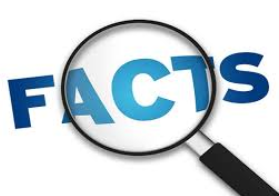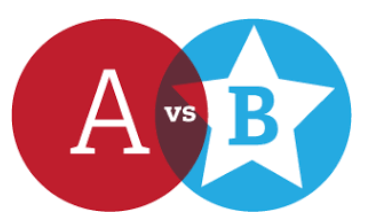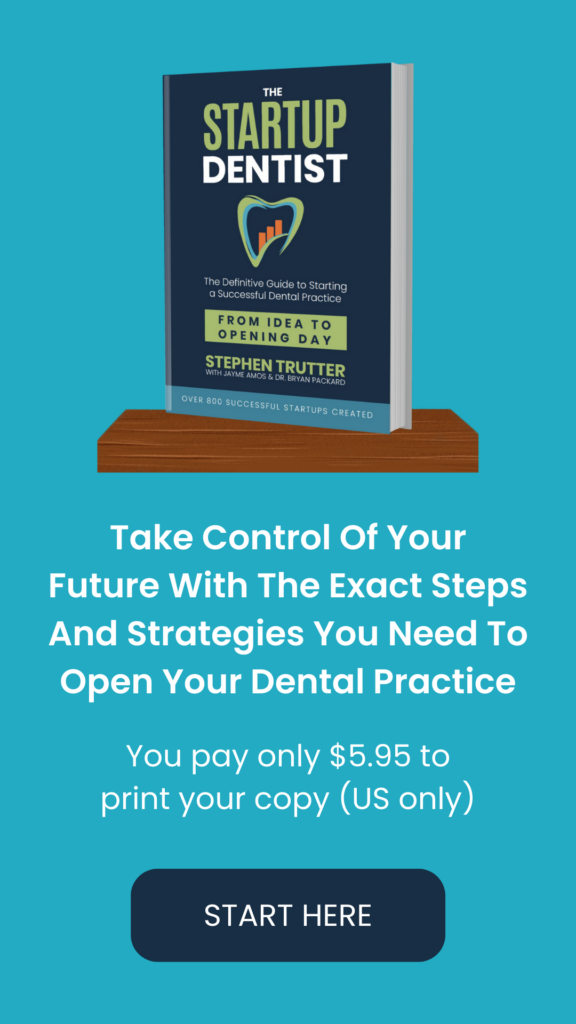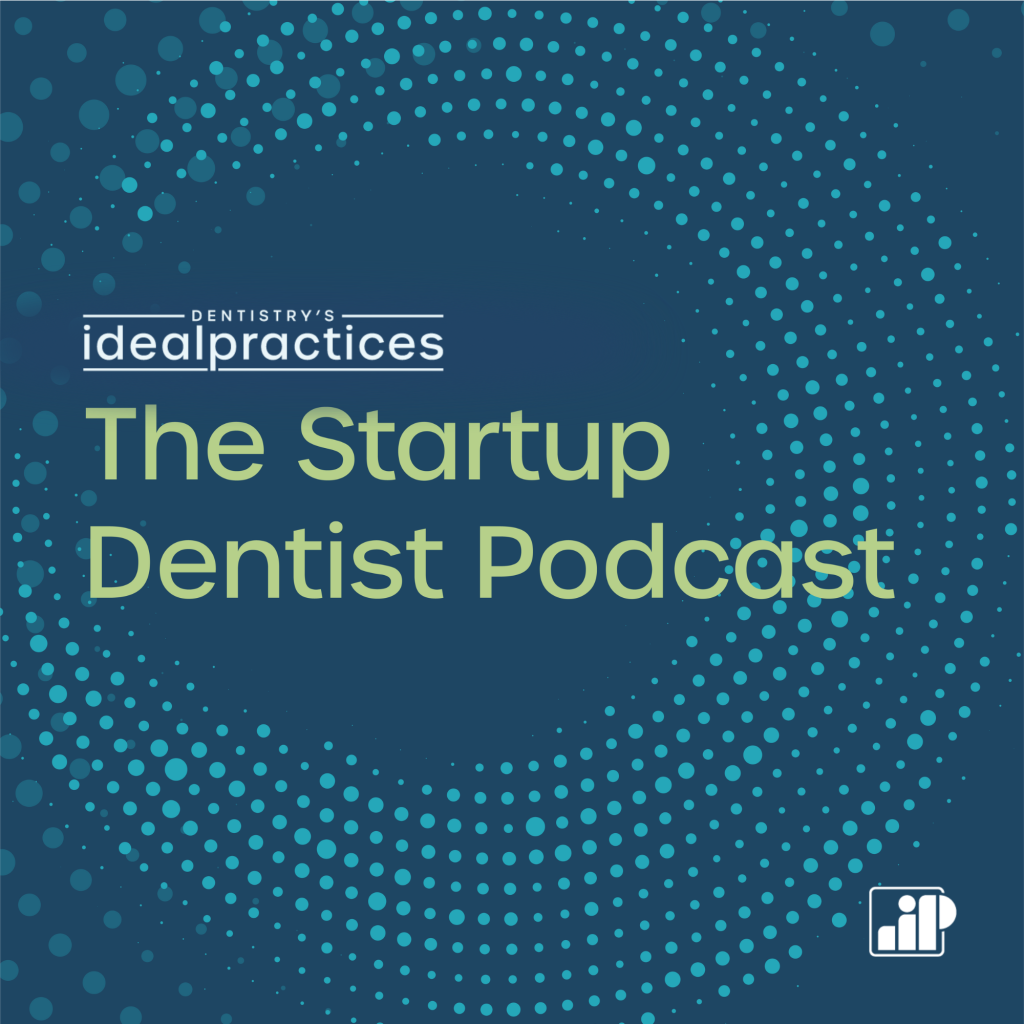Let’s be candid about
dental school debt:
for dental associates, school debt
is stressful.
Nod your head if this resonates.
After helping hundreds of associate dentists across the country, I have seen specific instances when dental school debt is inherently helpful for associates. And I’ve learned the times this debt is not good.
Surprisingly, the differences have nothing to do with how much debt you have.
The information I’m about to share with you regarding Dental School debt will clarify this difference. Even better, if you apply this knowledge, it will reshape your career as a future practice owner.
If you desire to own a practice in the next few years, read to the end of this article and find additional free resources, just for dental associates.
Dental School DEBT…here is when it’s GOOD… from Jayme Amos on Vimeo.
Watch Jayme Amos explain the Dental Debt Strategy
My name is Jayme Amos, the CEO of Ideal Practices. We’re the consulting firm who helps associates all over the country open successful startup practices.
Whether or not you open a startup, I’m confident this information will guide you with a new level of clarity and confidence.
For Future Practice Owners
The Good News about Dental School Debt
First, I need to make it clear that you’re not alone.
The average Dental Associate carries over $200,000 in school debt. Personally, I’ve worked with some dentists who have over $500,000.
I’m asked all the time about dental school debt and how it affects whether or not a desiring practice owner may receive a bank loan.
Below, I will lay out the exact ways in which your student debt can help you get approved for a practice loan.
Learn the entire 13 stage process to open a new practice. Click here
If You Are a Dental Associate
If one of your goals is to own a practice, remember the next sentence you read because it will help you profoundly when you’re apply for loans:
Dental associates should not pay down school debt.
Say what?! (insert mind blown emoji here)
That’s right.
Do not pay down the principle on your dental school dent.
In fact, many experts teach that paying off your school debt early could fix one problem only to create another.
Repeat after me: Dental School Debt is Good Debt.
There’s an ongoing battle between those who believe there is such a thing as good debt versus bad debt. The good-debt of student loans can empower you and enable you as a future practice owner. Bad debt will not.
Banks know this. They understand that your school debt is good debt.
In the article: Good Debt vs. Bad Debt: Know the Difference, written by NerdWallet personal finance writer Sean Pyles, the author reveals that good debt can help you achieve goals, bad debt can be crippling.
What About Bad Debt?
Consumer debt – like a car loan or credit card balances – is classified as bad debt. This debt weighs against you when the banks consider you for a practice loan.
As such, your bad debt should be paid off aggressively. While banks might approve you for a practice loan with modest amounts of bad debt, you will want to show them your plan for eliminating it.
The Power of Your Good Debt
But dental school debt – as good debt – is not weighed negatively by the banks who understand dental funding. In fact, paying off school debt too early could actually sabotage your chances of getting approved for a practice loan.
See, there is a brightside to your Dental School loans!
As “Good Debt”, dental school loans actually give you the opportunity to own a practice and get funded.
Here’s How It Works
The benefit of not paying off the principle on your debt can translate to you having larger cash savings. This is exactly what the banks want to see before they approve your practice loan.
This means two things:
First, the banks can approve you, even with school debt.
Second, if you pay off all your school debt and have no cash reserves, it is nearly impossible to get approved for your practice loan.
In other words, not all debt is bad. Certainly not school debt.
You may be thinking to yourself, ‘This is contrary to what I’ve been told my whole life’ and while that may be true, that doesn’t make it correct.
So, let me explain with this example.
Consider Associate A versus Associate B
As an example, imagine two dental associates—Associate A and Associate B.
Both want to own a practice and are ready to apply for a loan. Associates A and B have come to the same bank for a startup or acquisition loan.
Associate A has $350,000 of school debt like many dentists in America.
Associate B has no school debt. This associate tried to make the “smart” choice and used all his cash to pay down his school debt.
Who do you think the bank is more likely to lend to?
If you thought it would be Associate B and you were taking a test, you’d get this answer wrong.
Associate B, with no school debt, would be LESS likely to receive a practice loan.
The difference is that Associate A has a nice little nest egg in savings. This doctor made all the monthly payments and stock piled cash savings.
Meanwhile, Associate B has no savings because this person has spent all their money trying to pay down school debt.
“But I thought paying down school debt was a good thing. I’m confused!”
If that sounds familiar, you’re as surprised as most associates when we teach this at our course, the Startup Practice Blueprint.
How Banks See Your Dental School Debt
Banks will prioritize lending to doctors who have cash reserves before doctors who have no debt and little in savings. Re-read that last sentence. It will change your future options in practice ownership.
The banks are aware (in fact it’s almost a guarantee), that dentists will have school debt and they’re OK with that.
“Thats right: Associate B, with no school debt, would be LESS likely to receive a practice loan.”
Associate A has made the minimum payments on time but hasn’t paid down their principle balance.
Associate B has no debt and feels good about their “debt-free” badge of honor. But because they have no nest egg they can’t get a loan for their practice.
I see this with associates all over the country and it’s heartbreaking because it forces them to postpone their plans for practice ownership far longer than necessary.
What About the Practice Loan?
If you open a startup practice properly, with a solid business model at its core, it will be profitable in the first few months. With the right budget planning for a startup, the loan payments actually enable you to earn an income. It may sound paradoxical but it’s true and it’s worked for hundreds of associates who desire practice ownership.
Remember, for associates who want to become practice owners, your school debt is actually good debt.
Even while having school debt you can open a very successful practice. You can be profitable with a startup in the first month. And you can still get attractive loan terms for practice ownership.
 An Important Fact About Dental-Debt
An Important Fact About Dental-Debt
Please remember this: You must make your payments on time.
Even though it’s good debt, don’t ever pay your student loan payments late. That could hurt you for years.
Pay your minimum payments. Build the discipline and the habit of paying down your student debt while creating a cash reserve. But don’t pay down the principle on your student loans.
Yet.
We’ll cover that topic in a future article about your first year in practice ownership.
But for now..
Learn the entire 13 stage process to open a new practice. Click here
Remember Dental Associates “A & B”
These School-Debt concepts will prepare you in advance to have a conversation with the bank when the timing is right for you to transition from associate to practice owner.
My team has guided hundreds of associate dentists into successful startup practices around the country and I’m sure these concepts will guide you safely.
Your Next Step
As a free resource for associates, we’re giving away a full video & training on the 13-Stages to open a successful startup practice. The training was made by myself and the founder of Dental Town to teach associates the entire startup-practice process.
GET YOUR FREE TRAINING HERE:
Jayme Amos is the CEO of Ideal Practices, the country’s elite Startup Practice Consulting firm. He’s bestselling author and creator of the Startup Practice Blueprint Course. He and his team of consultants help associate dentists across the country open highly successful startup practices.






